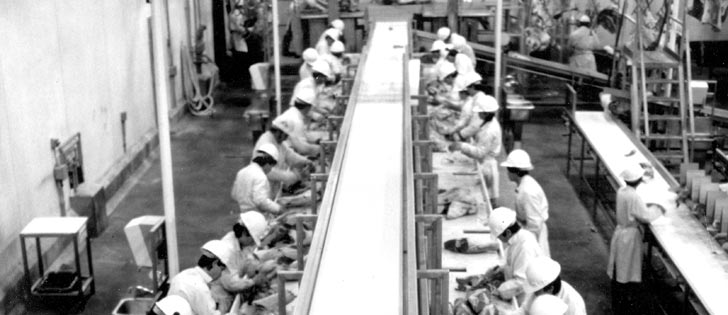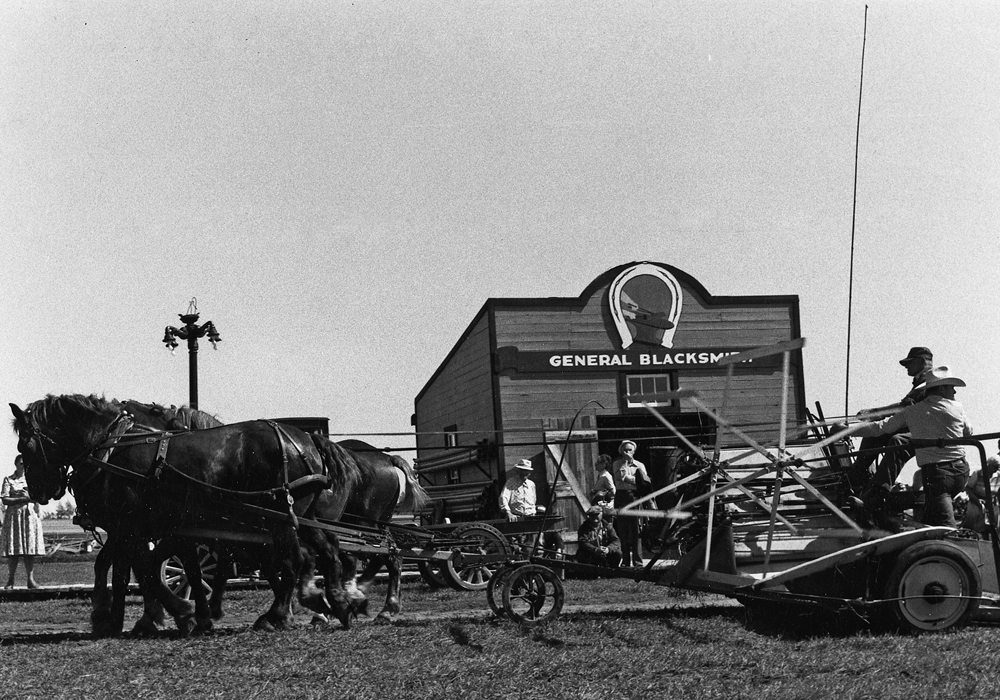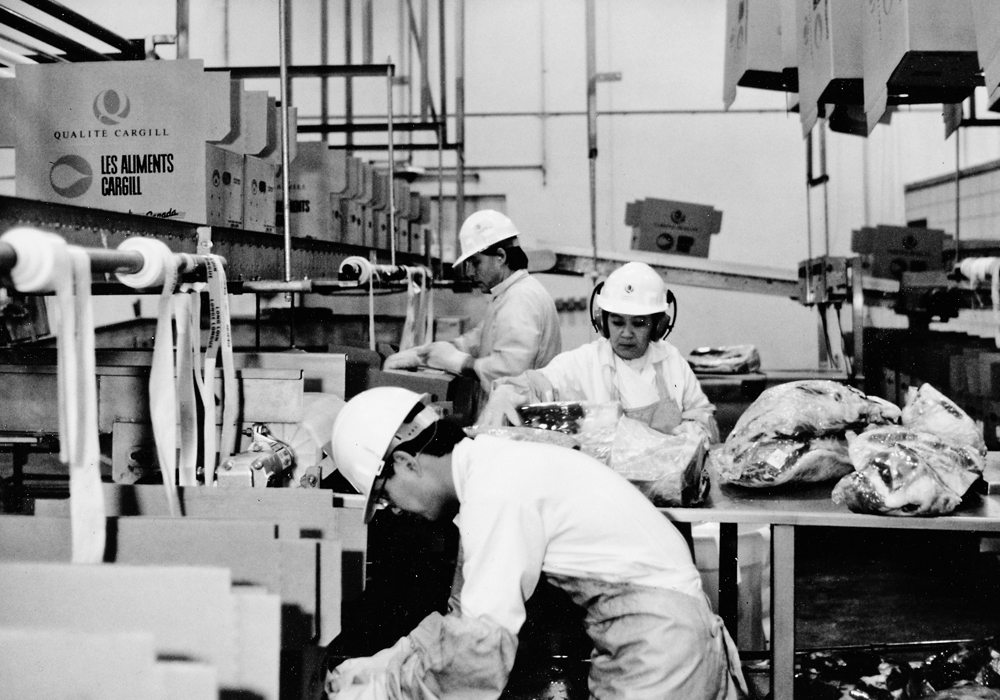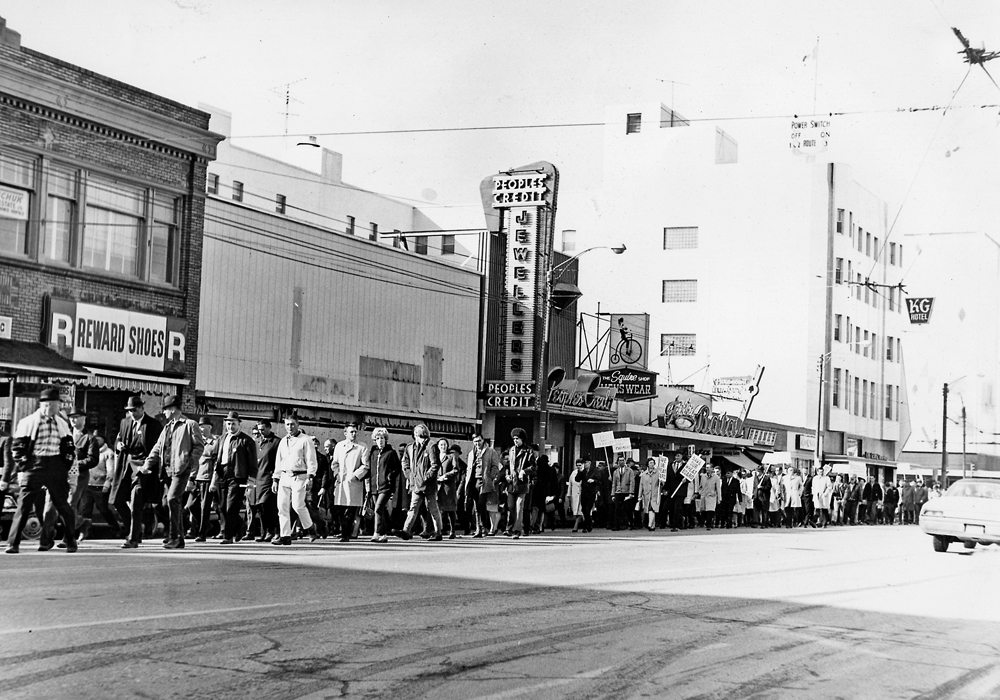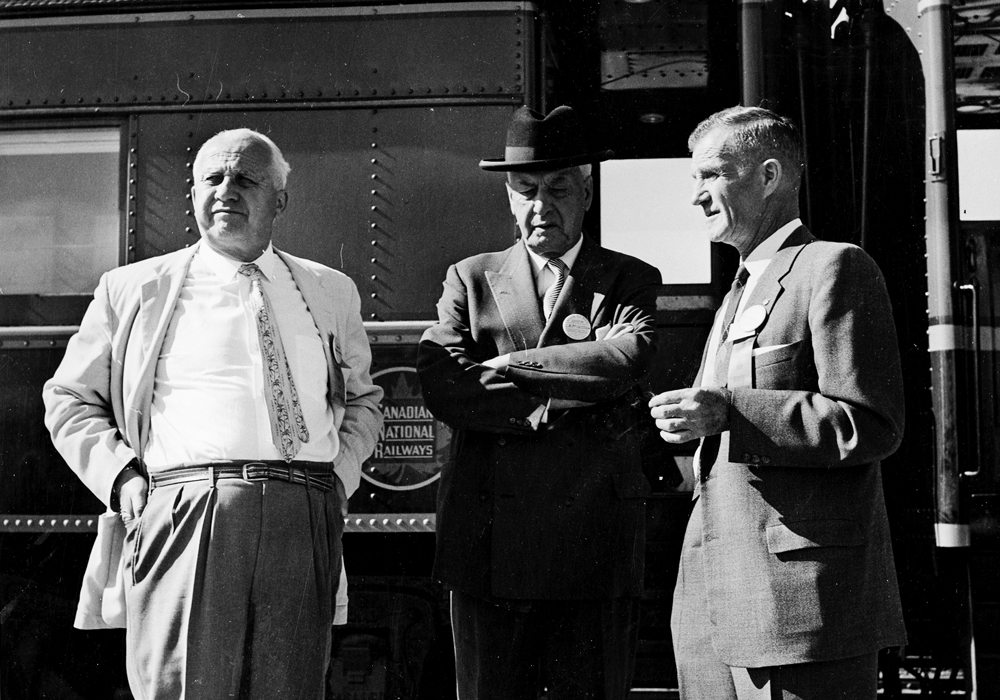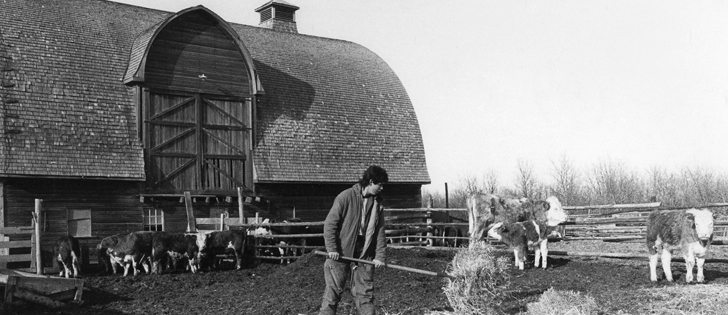The Western Producer takes a weekly look at some of the stories that made headlines in issues of the paper from 75, 50, 25 and 10 years ago.
75 years ago: Aug. 21, 1941
The cost of living for farm families increased 12.3 percent between August 1939 and April 1941, compared to a 7.7 percent increase for urban residents.
Intense heat was downgrading much of the prairie wheat crop to No. 2 and No. 3 Northern. As well, higher farm labour, implement repair and fuel costs were making harvest more expensive. The Western Producer ran a front page editorial demanding immediate action.
Read Also

Invigor Gold variety viewed as threat to condiment mustard
Invigor Gold, the canola-quality mustard developed by BASF, is on a collision course with Canada’s condiment mustard industry. It’s difficult to see how the two can co-exist.
50 years ago: Aug. 18, 1966
Saskatchewan Wheat Pool was predicting an average yield of 25.7 bushels per acre, which was the province’s third highest on record. However, a much larger seeded acreage was expected to produce a record wheat crop of 506 million bu.
Canadian Pacific Railway reported revenue of $287.5 million for the first six months of the year. It was 11 percent higher than the previous year.
25 years ago: Aug. 22, 1991
Alberta joined the Net Income Stabilization Account program, becoming the seventh province to do so. Farm organizations welcomed the move but complained that it could have been earlier and richer.
The federal government was reacting to what it believed was a successful coup in the Soviet Union that removed Mikhail Gorbachev from power. Grain minister Charlie Mayer didn’t expect the Canadian Wheat Board’s billion dollar business with the U.S.S.R. to be affected.
However, the coup ultimately failed and Gorbachev was reinstated and eventually oversaw the dissolution of the Soviet Union.
10 years ago: Aug. 17, 2006
State and provincial political leaders from Canada, Mexico and the United States argued for the North American Free Trade Agreement to be rewritten because its anti-dumping rules were inappropriate for the agriculture industry.
The wheat board was planning to haul surplus grain out of the Peace River district by truck after concerns arose over feed wheat being piled on the ground.
Grain elevators in the area were plugged and the local short-line railway was unable to supply cars.

